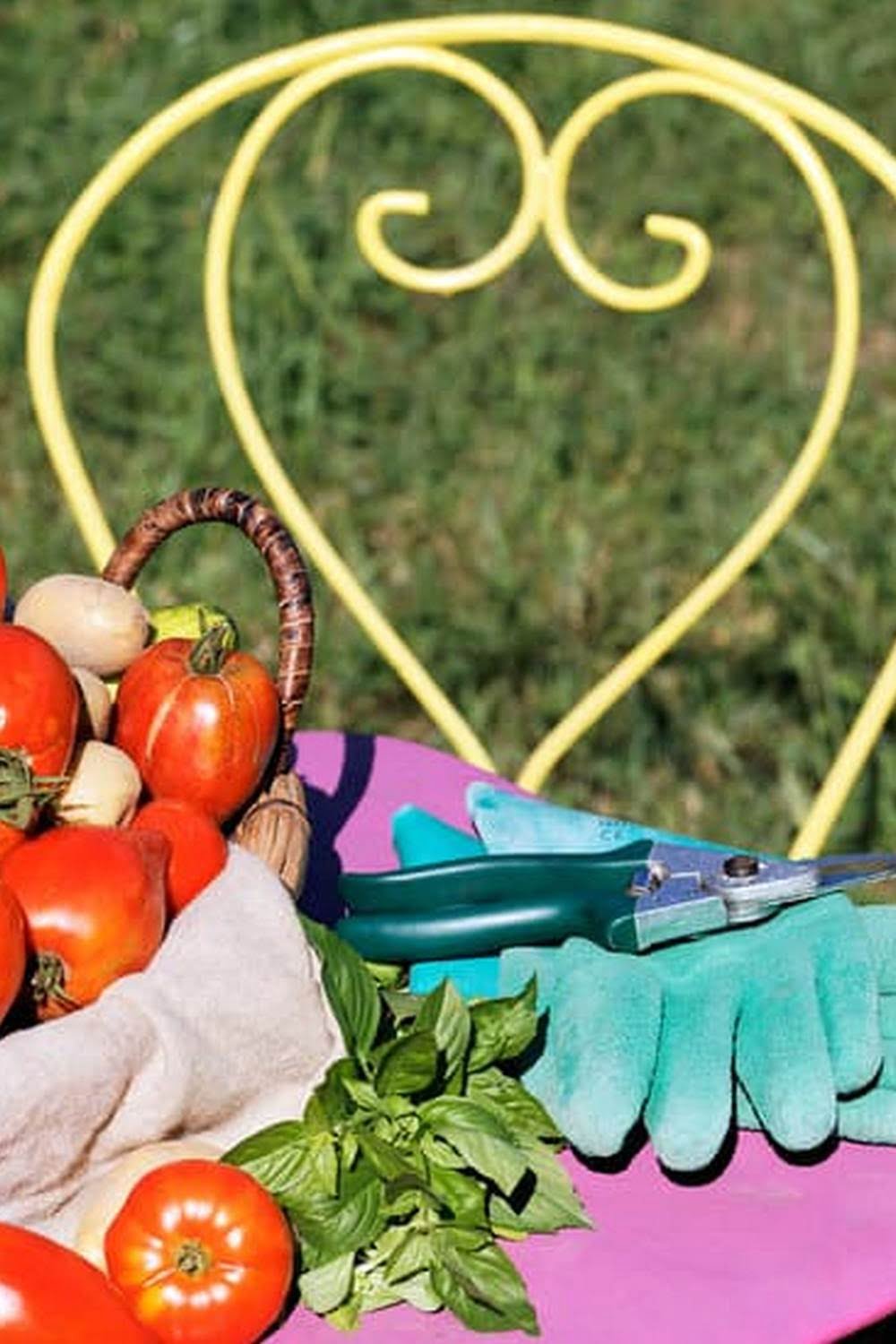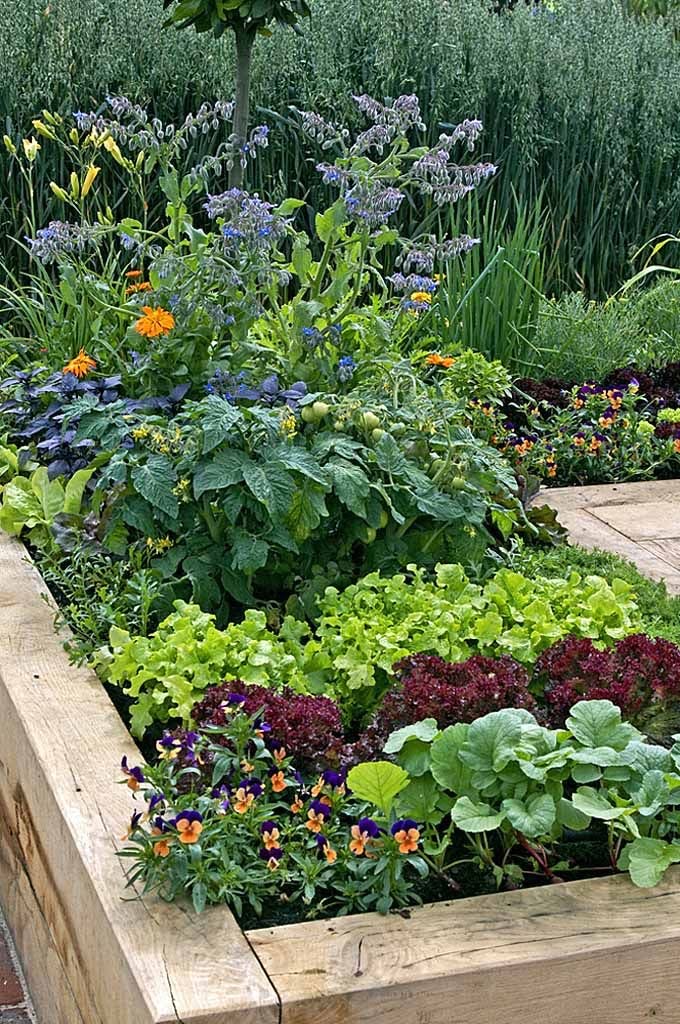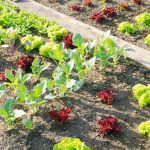Best Organic Fertilizer For Vegetable Garden
Organic fertilizers are derived from natural materials and are often less processed than synthetic fertilizers. Many organic fertilizers are also slow-release, which means they release nutrients slowly over time, rather than all at once.
Organic fertilizers are a great choice for gardeners who want to grow healthy plants without using synthetic chemicals. Some organic fertilizers also contain microorganisms that help to improve soil health.
There are many different types of organic fertilizers available, so it’s important to choose one that is best suited to your needs. Some of the most popular organic fertilizers include:
1. Compost
Compost is a mixture of organic materials that have been decomposed and broken down. It is a great source of nutrients for plants and can be used as a soil amendment or top dressing.
2. Manure
Manure is a type of organic fertilizer that is made from the waste products of animals. It is high in nitrogen and other nutrients and can be used to improve soil health.
3. Alfalfa Meal
Alfalfa meal is made from the dried leaves of the alfalfa plant. It is high in nitrogen, potassium, and other nutrients and can be used to improve soil health.
4. Blood Meal
Blood meal is made from dried and powdered animal blood. It is high in nitrogen and other nutrients and can be used to improve soil health.
5. Bone Meal
Bone meal is made from the dried and powdered bones of animals. It is high in phosphorus and other nutrients and can be used to improve soil health.
6. Crab Meal
Crab meal is made from the dried and powdered shells of crabs. It is high in nitrogen and other nutrients and can be used to improve soil health.
7. Fish Meal
Fish meal is made from the dried and powdered fish. It is high in nitrogen and other nutrients and can be used to improve soil health.
8. Kelp Meal
Kelp meal is made from the dried and powdered seaweed. It is high in potassium and other nutrients and can be used to improve soil health.
9. Seaweed Extract
Seaweed extract is made from the seaweed itself. It is high in potassium and other nutrients and can be used to improve soil health.
10. Soybean Meal
Soybean meal is made from the dried and powdered soybeans. It is high in nitrogen and other nutrients and can be used to improve soil health.
Choosing the right organic fertilizer is important for getting the best results from your garden. If you’re not sure which one is right for you, ask your local garden center for advice.
Bloggers are the new journalists. In an age of declining newsroom staffs and budgets, bloggers are taking up the slack, reporting on the news and providing analysis and commentary on a wide range of topics.
Many bloggers are hobbyists, writing about topics that interest them simply for the love of writing. But an increasing number of bloggers are professional journalists who have left traditional newsrooms to start their own blogs.
Blogging offers journalists several advantages over traditional news reporting. First, bloggers can reach a wider audience than traditional journalists. A good blog can attract thousands or even millions of readers.
Second, bloggers can be more independent than traditional journalists. While traditional journalists are often constrained by the need to get their stories approved by their editors, bloggers can say whatever they want, without having to worry about the consequences.
Third, bloggers can be more creative than traditional journalists. They can experiment with different formats, such as videos and slideshows, and use different tools, such as social media, to reach their audience.
Fourth, bloggers can be more interactive than traditional journalists. They can respond to comments from their readers and allow their readers to contribute to the conversation.
Finally, bloggers can be more timely than traditional journalists. They can post news stories as they happen, rather than waiting for the next edition of the newspaper or the next episode of the news show.
So why are bloggers important Because they are the new journalists.
Best Garden Vegetables For My Area
When it comes to gardening, everyone has their own preferences as to what they like to plant in their garden. However, there are some vegetables that are better suited for certain areas than others. If you are looking for the best garden vegetables for your area, then you have come to the right place.
In this article, we will discuss some of the best vegetables to plant in your garden, based on your location. So, whether you are in the Northern or Southern United States, we have got you covered.
Best Garden Vegetables For The North
When it comes to gardening in the North, there are a few things that you will want to keep in mind. For starters, the climate is much cooler than in the South, so you will want to plant vegetables that can withstand colder temperatures.
Some of the best garden vegetables for the North include:
-Carrots
-Beets
-Cabbage
-Brussels sprouts
-Kale
-Broccoli
These vegetables can withstand cooler temperatures, and they are also all relatively easy to grow. So, if you are a beginner gardener, then these vegetables are a good place to start.
Best Garden Vegetables For The South
In contrast, the climate in the South is much warmer than in the North. This means that you can grow a wider variety of vegetables in your garden, including vegetables that may not be as well suited for colder climates.
Some of the best garden vegetables for the South include:
-Tomatoes
– bell peppers
– squash
– cucumbers
– eggplant
These vegetables are all well suited for warmer climates, and they are also all relatively easy to grow. So, if you are looking for a variety of vegetables to grow in your garden, then the South is the place to be.
Best Way To Water Raised Vegetable Garden
Watering a raised vegetable garden is a little different than watering a traditional garden. The soil in a raised garden is loose and the vegetables are planted close to the surface, so they can dry out quickly. It is important to water your raised garden regularly, especially during the hot summer months.
There are a few ways to water a raised garden. You can use a garden hose, a watering can, or a sprinkler. If you are using a garden hose, you can attach a sprinkler to the end and water the entire garden at once. If you are using a watering can, it is best to water the plants one at a time. This allows the water to soak into the soil and prevents the water from running off the garden.
No matter which method you choose, be sure to water the garden early in the morning or late in the evening. This will help avoid the heat of the day and will prevent the water from evaporating.
Best Vegetable Garden Plan
ner
Looking to start a vegetable garden, but not sure where to start Check out our vegetable garden planner! This interactive tool will help you map out your garden, plan for pests and diseases, and choose the best vegetables for your space.
The vegetable garden planner is divided into four sections: garden layout, planting guide, pest and disease control, and crop rotation. In the garden layout section, you can choose between a square or rectangular garden, and then drag and drop vegetables onto the map. The planting guide section provides information on when to plant each vegetable and how much space to give them. The pest and disease control section includes tips on how to prevent common pests and diseases, and the crop rotation section explains the benefits of crop rotation and how to implement it in your garden.
So, what are you waiting for Start planning your vegetable garden today!

If you’re looking to get into vegetable gardening, or are just looking for some tips on how to make your current garden better, then you’ve come to the right place! My name is Ethel and I have been gardening for years. In this blog, I’m going to share with you some of my best tips on how to create a successful vegetable garden.





